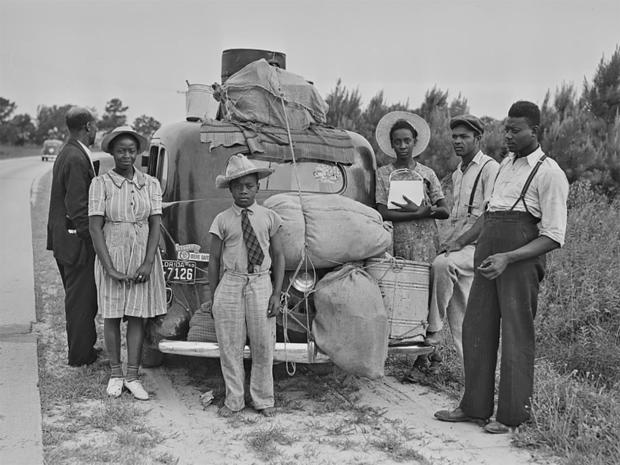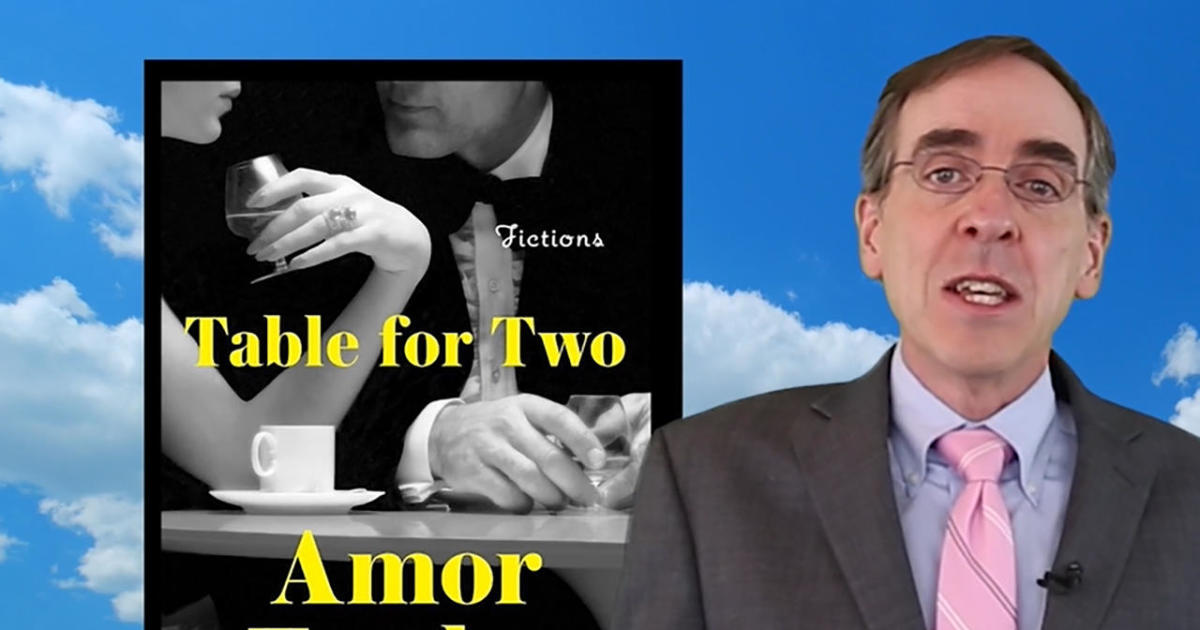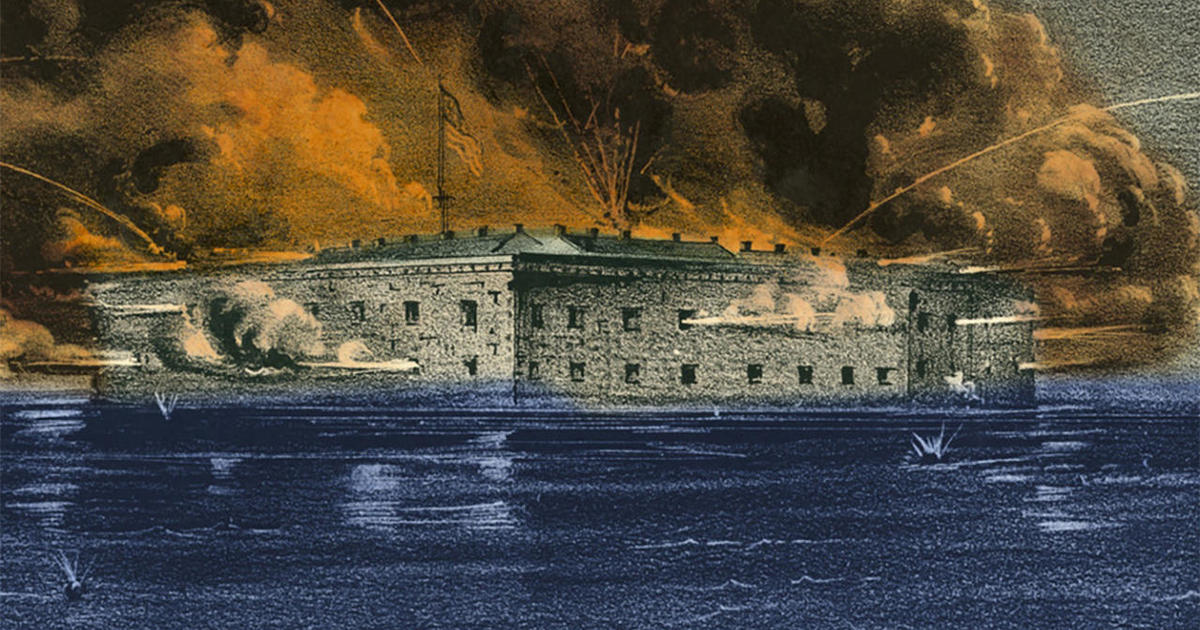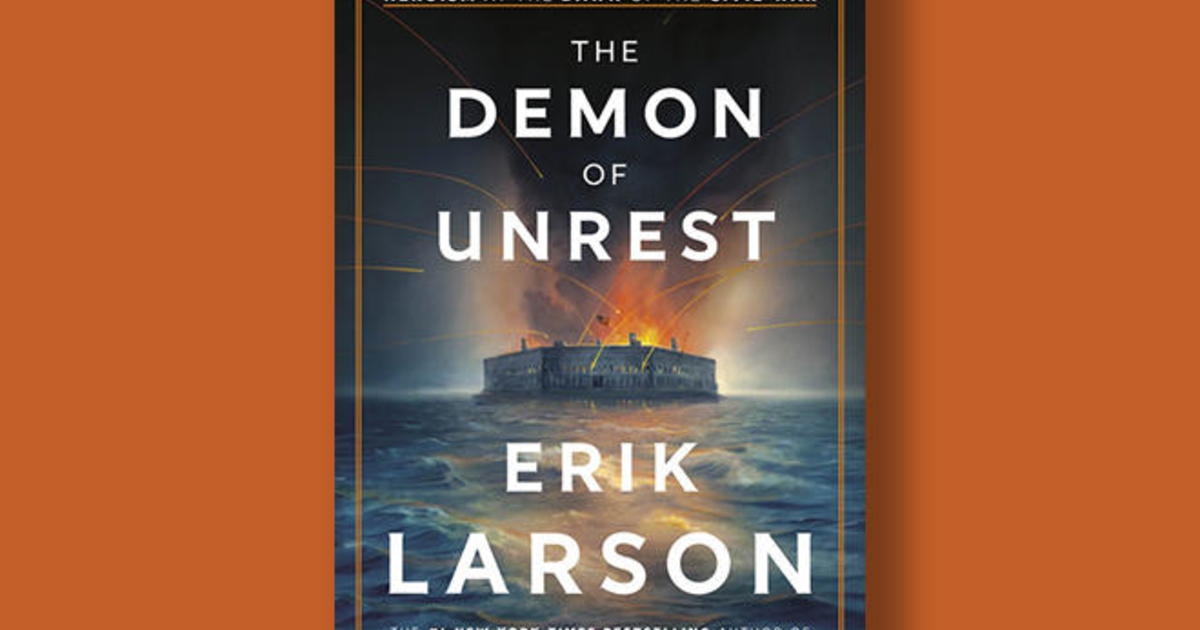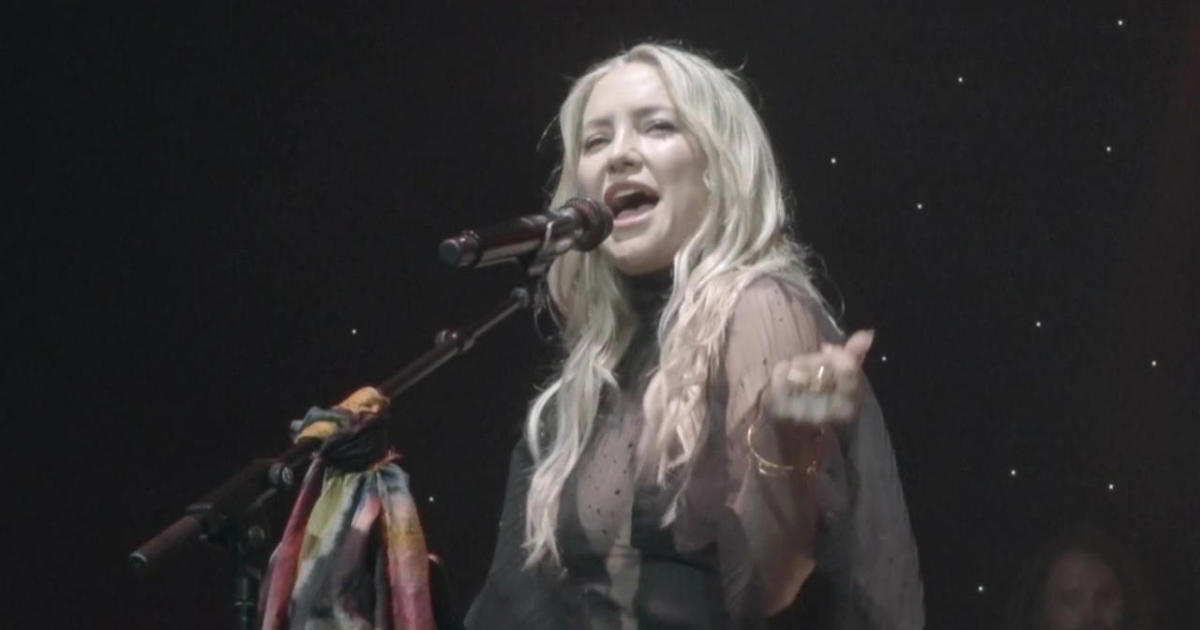Charles M. Blow on reversing the Great Migration
Our commentary is from New York Times columnist Charles M. Blow, whose new HBO documentary "South to Black Power" is now streaming on Max:
At the end of the Civil War, three Southern states (Louisiana, South Carolina and Mississippi) were majority Black, and others were very close to being so. And during Reconstruction, the 14th and 15th Amendments to the Constitution made Black people citizens and gave Black men the right to vote.
This led to years of tremendous progress for Black people, in part because of the political power they could now access and wield on the state level.
- Reconstruction, one of the most misunderstood chapters in American history ("Sunday Morning")
- "Mobituaries": Reconstruction and the death of representation ("Sunday Morning")
But when Reconstruction was allowed to fail and Jim Crow was allowed to rise, that power was stymied. So began more decades of brutal oppression.
In the early 1910s, Black people began to flee the South for more economic opportunity and the possibility of more social and political inclusion in cities to the North and West. This became known as the Great Migration, and lasted until 1970.
But nearly as soon as that Great Migration ended, a reverse migration of Black people back to the South began, and that reverse migration – while nowhere near as robust of the original – is still happening today.
In 2001 I published a book called "The Devil You Know," encouraging even more Black people to join this reverse migration and reclaim the state power that Black people had during Reconstruction. I joined that reverse migration myself, moving from Brooklyn to Atlanta.
- Georgia made more competitive by 1 million new voters since '16 election (Atlanta Journal-Constitution)
- "Hope is bringing us back": Black voters are moving South, building power for Democrats (USA Today)
- Federal judge rules Georgia's district lines violated Voting Rights Act and must be redrawn
Last year, I set out to make a documentary which road-tested the idea, traveling the country, both North and South, and having people wrestle with this idea of Black power.
To watch a trailer for "South to Black Power" click on the video player below:
Here are three things I learned from that experience.
First, Black people are tired of marching and appealing for the existing power structure to treat them fairly.
Second, young Black voters respond to a power message more than to a message of fear and guilt.
And third, many of the people I talked to had never truly allowed themselves to consider that there was another path to power that didn't run though other people's remorse, pity, or sense of righteousness.
I don't know if Black people will heed my call and reestablish their majorities, or near-majorities, in Southern states. But sparking the conversation about the revolutionary possibility of doing so could change the entire conversation about power in this country, in the same way that it has changed me.
For more info:
Story produced by Robbyn McFadden. Editor: Chad Cardin.
More from Charles M. Blow:
- The dream marches on: Looking back on MLK's historic 1963 speech
- On Tyre Nichols' death, and America's shame
- On "The Slap" as a cultural Rorschach test
- How the killings of two Black sons ignited social justice movements
- On when the media gives a platform to hate
- Memories of the 1921 Tulsa Massacre
- On the Derek Chauvin trial: "This time ... history would not be repeated"
- On the greatest threat to our democracy: White supremacy
- On race and the power held by police
